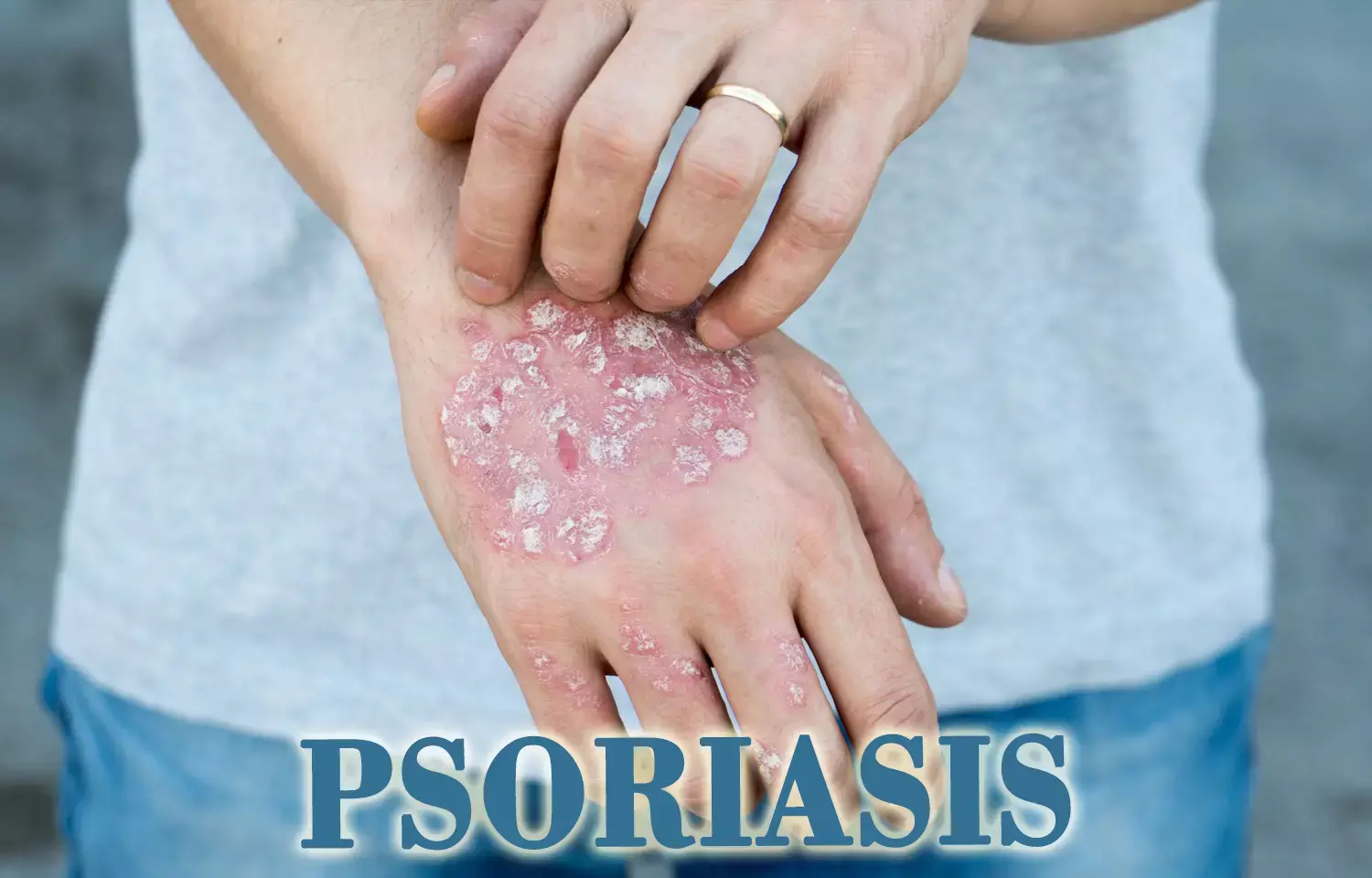- Home
- Medical news & Guidelines
- Anesthesiology
- Cardiology and CTVS
- Critical Care
- Dentistry
- Dermatology
- Diabetes and Endocrinology
- ENT
- Gastroenterology
- Medicine
- Nephrology
- Neurology
- Obstretics-Gynaecology
- Oncology
- Ophthalmology
- Orthopaedics
- Pediatrics-Neonatology
- Psychiatry
- Pulmonology
- Radiology
- Surgery
- Urology
- Laboratory Medicine
- Diet
- Nursing
- Paramedical
- Physiotherapy
- Health news
- Fact Check
- Bone Health Fact Check
- Brain Health Fact Check
- Cancer Related Fact Check
- Child Care Fact Check
- Dental and oral health fact check
- Diabetes and metabolic health fact check
- Diet and Nutrition Fact Check
- Eye and ENT Care Fact Check
- Fitness fact check
- Gut health fact check
- Heart health fact check
- Kidney health fact check
- Medical education fact check
- Men's health fact check
- Respiratory fact check
- Skin and hair care fact check
- Vaccine and Immunization fact check
- Women's health fact check
- AYUSH
- State News
- Andaman and Nicobar Islands
- Andhra Pradesh
- Arunachal Pradesh
- Assam
- Bihar
- Chandigarh
- Chattisgarh
- Dadra and Nagar Haveli
- Daman and Diu
- Delhi
- Goa
- Gujarat
- Haryana
- Himachal Pradesh
- Jammu & Kashmir
- Jharkhand
- Karnataka
- Kerala
- Ladakh
- Lakshadweep
- Madhya Pradesh
- Maharashtra
- Manipur
- Meghalaya
- Mizoram
- Nagaland
- Odisha
- Puducherry
- Punjab
- Rajasthan
- Sikkim
- Tamil Nadu
- Telangana
- Tripura
- Uttar Pradesh
- Uttrakhand
- West Bengal
- Medical Education
- Industry
Biologic Therapy for Psoriasis: BAD 2020 Guidelines

UK: The British Association of Dermatologists have released an updated clinical practical guideline on biologic therapy for psoriasis 2020. The guideline is published in the British Journal of Dermatology.
The overall aim of the guideline is to provide up‐to‐date, evidence‐based recommendations on the use of biologic therapies targeting tumour necrosis factor (TNF) (adalimumab, etanercept, certolizumab pegol, infliximab), interleukin (IL)‐12/23p40 (ustekinumab), IL‐17A (ixekizumab, secukinumab), IL‐17RA (brodalumab) and IL‐23p19 (guselkumab, risankizumab, tildrakizumab) in adults, children and young people for the treatment of psoriasis; consideration is given to the specific needs of people with psoriasis and psoriatic arthritis.
Use of Biologic Therapy
- Biologic therapy for psoriasis should be initiated and supervised only by specialist physicians who are experienced in the diagnosis and treatment of psoriasis. The routine monitoring can be delegated to other healthcare professionals, such as clinical nurse specialists. Other relevant healthcare professionals should be consulted in cases that involve psoriatic arthritis or other multiple comorbidities.
- Coordination of care providers, along with the patient, is necessary with regard to arrangements for drug administration, monitoring, and follow-up.
- Ensure that people with psoriasis who are starting biologic therapy have an opportunity to participate in long-term safety registries.
Criteria for Use of Biologic Therapy
- Criteria for offering biologic therapy are as follows:
- Psoriasis requiring systemic therapy
- Failure of, intolerance to, or contraindications for methotrexate and cyclosporine
- Psoriasis has significant impact on physical, psychological, or social functioning: Extensive (>10% body surface area or Psoriasis Area and Severity Index ≥10) and/or psoriasis is severe at localized sites and is associated with significant functional impairment
- Criteria for considering biologic therapy are as follows:
- Psoriasis that fulfills disease severity criteria and is accompanied by active psoriatic arthritis
- Psoriasis that is persistent (eg, relapses rapidly) when off therapy that cannot be continued long term
Source : British Journal of Dermatology
Dr Kamal Kant Kohli-MBBS, DTCD- a chest specialist with more than 30 years of practice and a flair for writing clinical articles, Dr Kamal Kant Kohli joined Medical Dialogues as a Chief Editor of Medical News. Besides writing articles, as an editor, he proofreads and verifies all the medical content published on Medical Dialogues including those coming from journals, studies,medical conferences,guidelines etc. Email: drkohli@medicaldialogues.in. Contact no. 011-43720751


